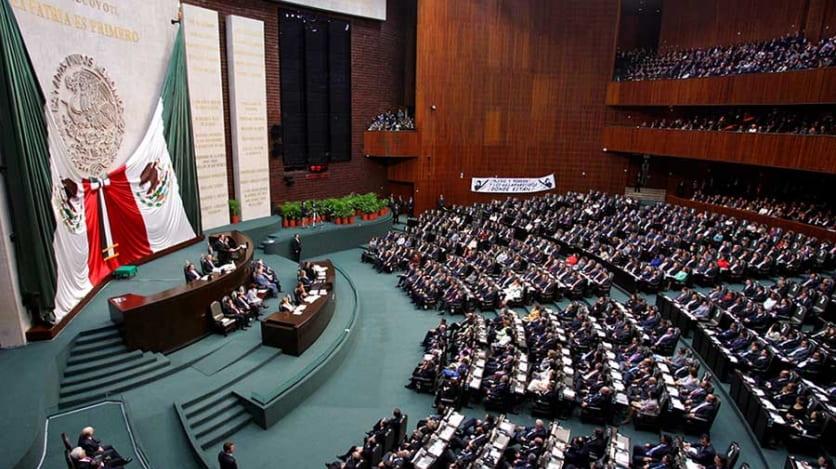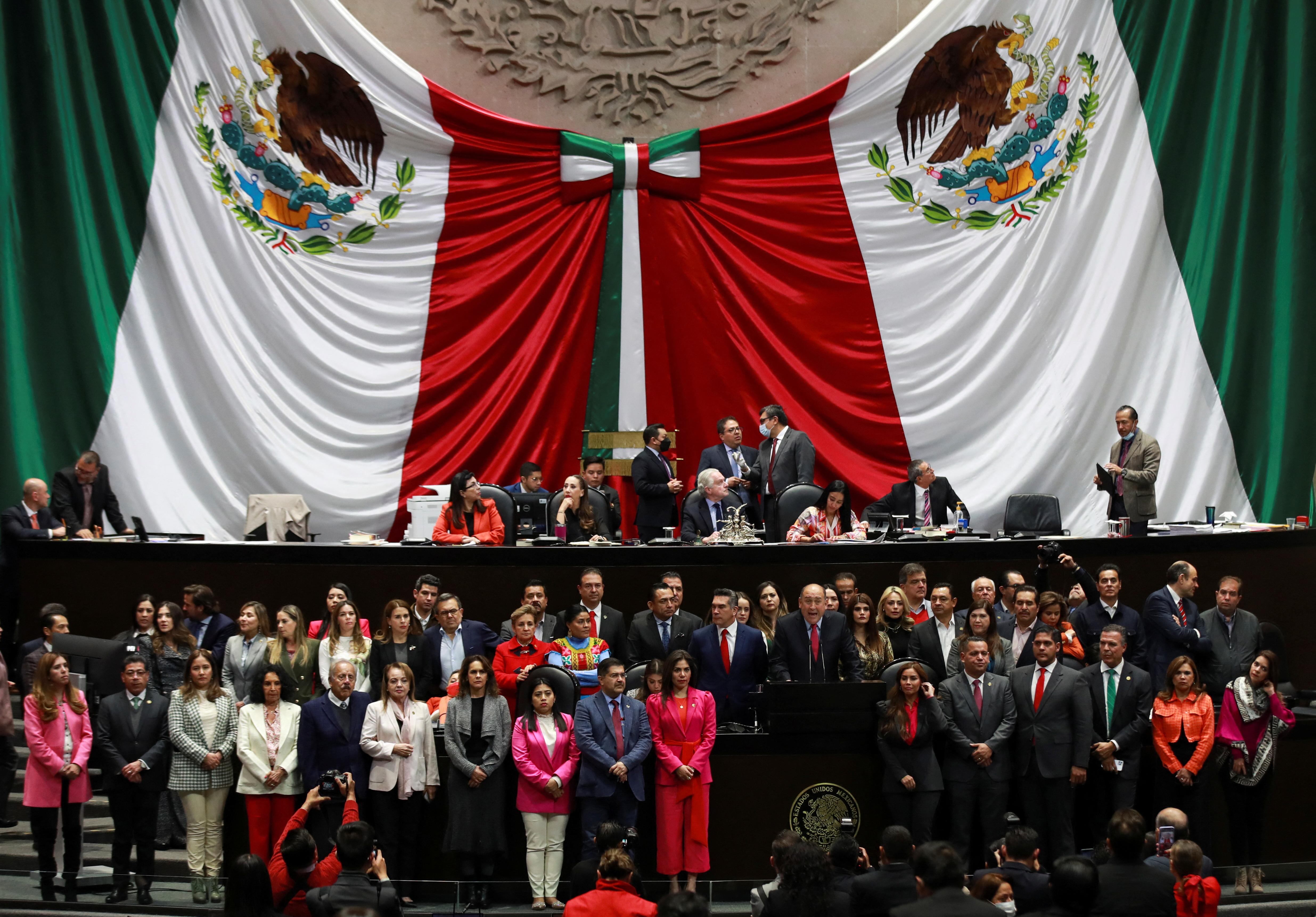Mexicos Legislative Drive: Assessing the Proposed Benefits for Delivery App Workers
The recent discussions within the Mexican Congress surrounding potential benefits for delivery app workers signify a landmark moment in labor rights, especially in an environment where gig economy workers often face precarious conditions. With the increasing prevalence of food and goods delivery services, legislators are focusing on several key proposals designed to enhance the welfare of these workers. Among the most notable benefits under consideration are:
- Minimum wage guarantees: Ensuring that all delivery workers receive a fair baseline income that reflects the cost of living.
- Access to healthcare: Implementing systems that provide affordable medical services and support for delivery personnel.
- Paid leave policies: Introducing frameworks that allow workers to take time off due to illness or personal emergencies without financial repercussions.
Furthermore, the proposed measures aim to formalize the status of delivery workers, enabling them to secure pensions and other long-term benefits typically afforded to traditional employees. By instituting these changes, the goverment not only hopes to uplift the socioeconomic status of gig workers but also to create a more balanced relationship between platforms and their workforce. The success of this initiative could serve as a model for other countries grappling with similar challenges in the rapidly evolving digital economy.

Analysis of Current Gig Economy Regulations in Mexico and Their Impact on Workers
The evolving landscape of the gig economy in Mexico has ignited discussions surrounding the need for comprehensive regulation tailored to protect the rights and welfare of delivery app workers. As lawmakers gather insights on this issue, a plethora of factors highlights the necessity for reform. Key challenges faced by these workers include:
- job Insecurity: Many gig workers lack stable incomes, relying heavily on fluctuating demand for their services.
- Limited Access to Benefits: Without the safety net provided by traditional employment, workers often navigate health risks and financial instability without support.
- Working Conditions: Issues such as long hours, lack of rest breaks, and the absence of compensation for expenses are increasingly under scrutiny.
In response, the potential regulation could introduce vital improvements, fostering a more equitable environment for those currently operating outside conventional labor protections. Possible changes being considered in Congress aim to enhance workers’ rights by ensuring:
- Minimum Wage Guarantees: Establishing a baseline income that reflects living costs could provide much-needed financial stability.
- Access to Social Security: Inclusion in social security frameworks would allow these workers to obtain health benefits, retirement plans, and other essential services.
- support for Workplace Rights: Implementing mechanisms for grievance redressal may empower workers to voice concerns regarding unjust treatment.

Stakeholder Reactions: What Delivery App Workers and Companies Are Saying
As the Mexican Congress considers new legislation to enhance the welfare of delivery app workers, reactions from stakeholders across the spectrum are pouring in. Workers, frequently enough categorized as gig employees, are voicing their hopes for improved working conditions and benefits. Many have expressed a longing for a system that recognizes their contributions while providing critical support:
- Job Security: Workers are advocating for contracts that offer greater job security and protection against arbitrary termination.
- Social Benefits: There is a strong call for access to healthcare, retirement plans, and other social benefits that traditional employees enjoy.
- Fair Pay: Concerns about fluctuating wages and the sustainability of their earnings are prompting demands for clear and fair pay structures.
On the corporate side, delivery app companies are responding cautiously to the proposed changes. While some support the notion of enhanced worker benefits, they also express concerns about the potential financial implications. Industry representatives argue that increases in operational costs could have a domino effect:
- Business Viability: Companies are worried that added expenses could lead to higher consumer prices or even result in a reduction in workforce.
- Competitive Landscape: They emphasize the importance of maintaining a competitive edge in a market that is already facing meaningful pressures from emerging platforms.
- Regulatory Discrepancies: Firms are concerned about the inconsistency of regulations across states, which complicates compliance and strategic planning.

Recommendations for Crafting Effective Legislation to Support Gig Workers in Mexico
To effectively support gig workers in Mexico, it is essential for legislators to consider a multifaceted approach that addresses both the immediate and long-term needs of this growing workforce.First and foremost, any legislation shoudl ensure that gig workers receive a fair wage that reflects their effort and the rising cost of living.This can be achieved through mechanisms like minimum earnings guarantees or bonus structures that reward consistent and exemplary service. Additionally, it is vital to incorporate provisions that allow for flexible working arrangements, acknowledging that many of these workers thrive on autonomy while also demanding security in their employment.
Furthermore, protection against exploitation should be a cornerstone of any proposed guidelines. Legislators could implement policies that require delivery app companies to provide transparent contracts detailing the conditions of work, including hours, pay, and responsibilities. Investment in worker support programs is also crucial; these could include access to healthcare, mental health resources, and financial literacy training to empower gig workers in managing their finances. fostering dialog between gig workers, companies, and the government will be imperative to ensure that legislation evolves with the market, thereby protecting the rights and interests of those who fill this essential role in Mexico’s economy.
